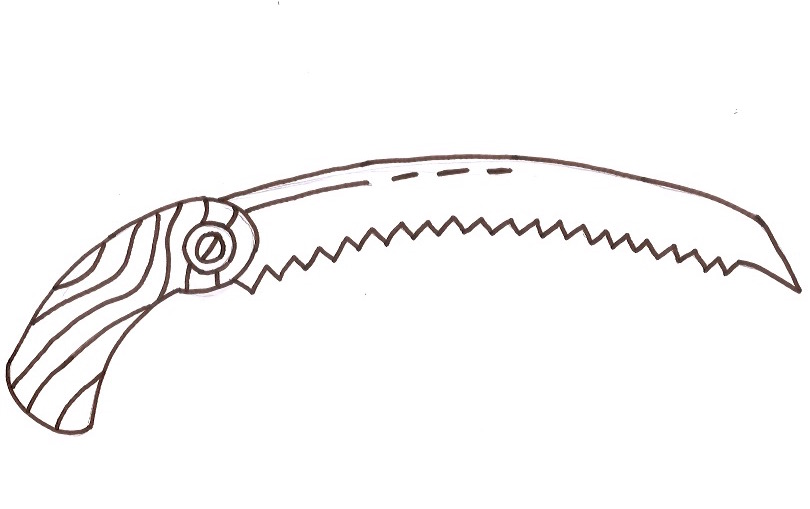I’ve recently just listened to Paul Johnson’s latest podcast Trees Are Key in which he discusses how trees play an intricate role in affecting human health. Many excellent resources are given, and spectacular incite is speared into how trees elevate our quality of life, and especially our mental health. I’ll provide the link because it has inspired me tonight and it is an excellent listen: https://itunes.apple.com/us/podcast/trees-are-key/id991063530?mt=2
“Numerous studies done by health professionals and government agencies have shown again and again that being surrounded by natural settings, specifically urban forests, tremendously improves mental health.”
On my end of the horn, anxiety started to build as I thought about the setting of my professional life, the urban forest where I work, and how my own mental health is affected. The cadence of Paul’s soothing voice marched on as my mind dangerously drifted to thoughts of clueless shade tree commissions, angry neighbors and trees on property lines, dog shit and utility line webs like cheese graters, and beamers in the drop zone belonging to Nobody Knows. The competition sputtering along, no helmets, no ear muffs, my PPE siren stare a beacon of disgust. The client-on-a-budget, the low-baller, the low-brow’er, the head of the HOA. The landscapers weedwhacker, and the yew hedge with not-so-perfec- taper. The while-you’re-here-anyway’er, the you-know-I’m-good-for-it payer, the “can you cut it any lower than that?”
Trees can test you mentally, not like an algebra exam or a history class pop quiz or even a college essay based exam, but like the troll under the bridge, in a fairy tale setting where woody plants really do lurk and dance and scream. There are deep shadows cast in my mind of jobs gone by, creaking and creepy as I pull the covers up just under my eyes, and look slowly and worriedly, from one side of the room to the other. Of course, a strong mind is an active mind. So if trees condition our mental health, I’m on a crossfit regimen.
Arboriculture in the modern, urban forest is not all handshakes and shoulder rubs and a job well done. It’s mental hardball. The big leagues. It can take you into the depths of your mind, into the depths of your client’s mind, and into the depths of the night, writing proposals in the beam of the headlights, always looking over your shoulder. And in the urban forest, we sometimes find ourselves-the carers of trees-thrown into the extremes of human interaction. There are lies and cries and many a sketchy cash payment. We’ve bad mouthed the opponent, and exposed our surveillance on them like a private-I. Somedays I feel like a guest of Jerry Springer. I’ve swam tactically through swimming pools and ran away from the law; I’ve been screamed at and laughed at and booed off stage; I’ve snuck, I’ve ducked, and I’ve tucked, all while wearing a treemotion.
Still, feeling naked and afraid.
In the urban forest, air quality and water filtration and equity and design greatly impact human health. They are also pieces of a management puzzle that that will test even the most beautiful mind: planting space and depth, species selection, and poor cultural maintenance are all ripples in the butterfly effect vibrating down every magical hollow in the urban forest. Simple, like a Rubik’s cube.
As I windexed my helmet visor the other evening, I saw, in the reflection, all my patches and credentials sewn stiffly on my proud collared shirt. I saw all of the things I thought I knew to keep me safe, my big, bad four forty one in the toolbox beside me, all my pruning and roping and friction equipment, millions of pounds of efficient working load limit, a tree risk assessment matrix chart, and beyond, my house, my family, my dog. And also, squinting to see deeper in that same reflection, out past all of the good and comfortable and safe things, a dark silhouette on the horizon, the smoking urban forest, the vanishing point, that gotham city where we venture for work, and where, I sometimes wonder, under the nasty spell of a boiling poison ivy rash, if anything good grows there.
Our mental health as arborists is always being conditioned in the everyday challenge of contracting tree work. Some of us may even be Olympic-bound. Maybe the natural setting of the urban forest for the working arborist is not so much a wilderness, as it is a bewilderedness.
But after all, if it wasn’t for trees, we’d probably go crazy.




Leave a Reply
Your email is safe with us.